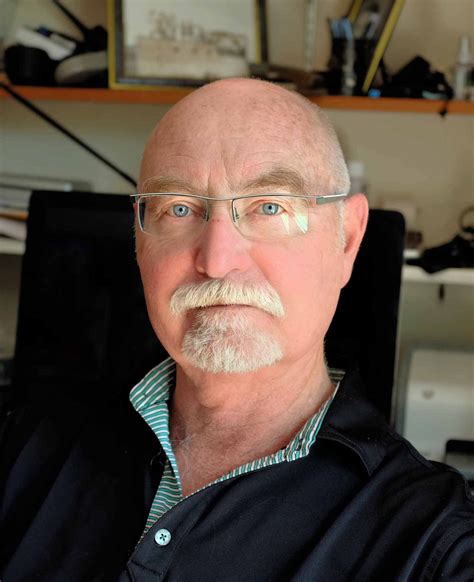A Quote by Rodman Philbrick
Remembering is a great invention of the mind.
Quote Topics
Related Quotes
There are many points in the history of an invention which the inventor himself is apt to overlook as trifling, but in which posterity never fail to take a deep interest. The progress of the human mind is never traced with such a lively interest as through the steps by which it perfects a great invention; and there is certainly no invention respecting which this minute information will be more eagerly sought after, than in the case of the steam-engine.
It is very difficult in quarreling to be certain in either one what the other one is remembering. It is very often astonishing to each one quarreling to find out what the other one was remembering for quarreling. Mostly in quarreling not any one is finding out what the other one is remembering for quarreling, what the other one is remembering from quarreling.
We're remembering both the good and the bad in our history together in this world. This isn't an attempt to make people feel bad every morning and to force them to go stick their fingers in a wall socket. We chose these things we included as a way to point people toward the possibility of transformation even while remembering the great pain we have experienced as humanity.
...those experiments be not only esteemed which have an immediate and present use, but those principally which are of most universal consequence for invention of other experiments, and those which give more light to the invention of causes; for the invention of the mariner's needle, which giveth the direction, is of no less benefit for navigation than the invention of the sails, which give the motion.





































